Compounding sterile medications for parenteral use, such as allergy drugs, in a private physician’s office is potentially subject to almost as much scrutiny and regulation as are visited upon commercial preparers of such medicines.


Compounding sterile medications for parenteral use, such as allergy drugs, in a private physician’s office is potentially subject to almost as much scrutiny and regulation as are visited upon commercial preparers of such medicines.

Two abstracts presented at the 2007 Combined Otolaryngology Spring Meeting (COSM) reflect where the news lies with the subject of tracheotomy: raising the index for suspicion for tracheal stenosis following percutaneous tracheotomy and better educating non-otolaryngologists who manage tracheotomy patients.
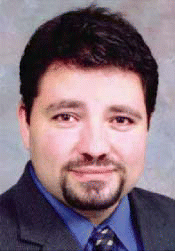
Dysphagia is the dominant cause of morbidity and mortality in patients treated by otolaryngologists, and in fact, more people die from aspiration pneumonia following stroke than from all head and neck cancers combined.
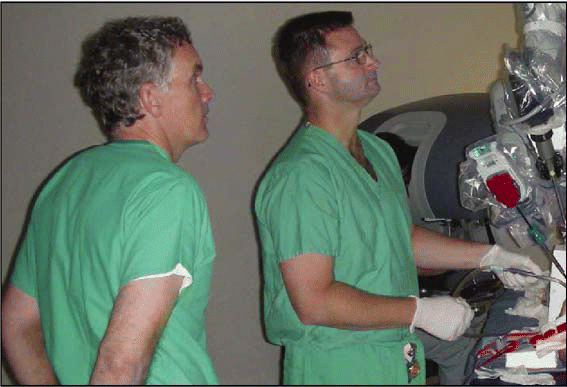

Does the time between aspiration and retrieval of an airway foreign body affected the pediatric patient’s outcome?

There are few data to support primary surgical reduction of the inferior turbinates in the pediatric patient.
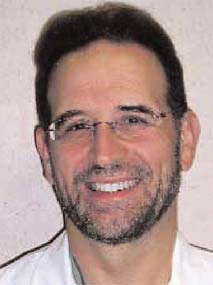
When a pediatric patient presents with a diagnosis of chronic sinusitis and rhinitis, my modus operandi is to assess the patient, review the history, and provide medical treatment as indicated.
Although little prospective data exist evaluating surgical turbinate reduction for chronic pediatric sinusitis and rhinitis, some otolaryngologists do perform the procedure on patients for whom medical therapy has been aggressively tried but clinical symptoms persist.
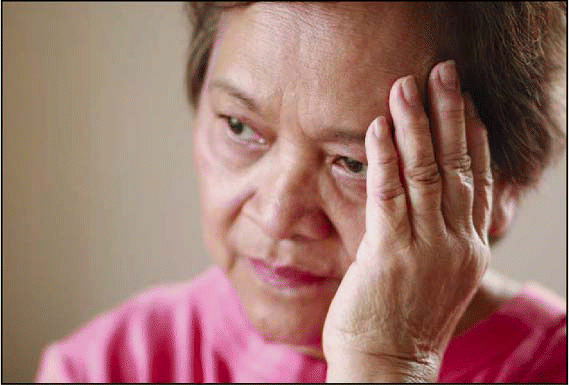
Although migraine headache and dizziness coexist in a sizable proportion of the general population, the interface between migraine and dizziness is not well understood, according to a panel of experts.
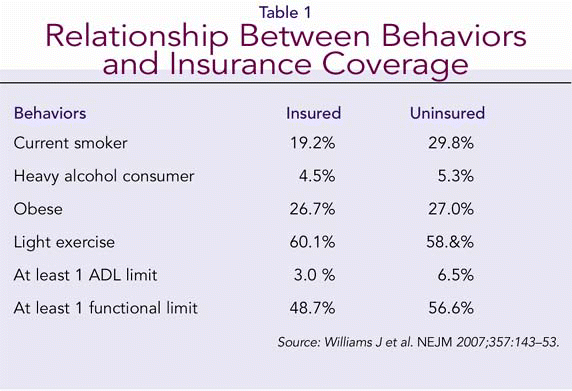
Like other physicians, Gady Har-El, MD, Chairman of the Department of Otolaryngology-Head and Neck Surgery at Lenox Hill Hospital in New York and president of the American Broncho-Esophagological Association, takes on uninsured patients who have waited too long to see a doctor.